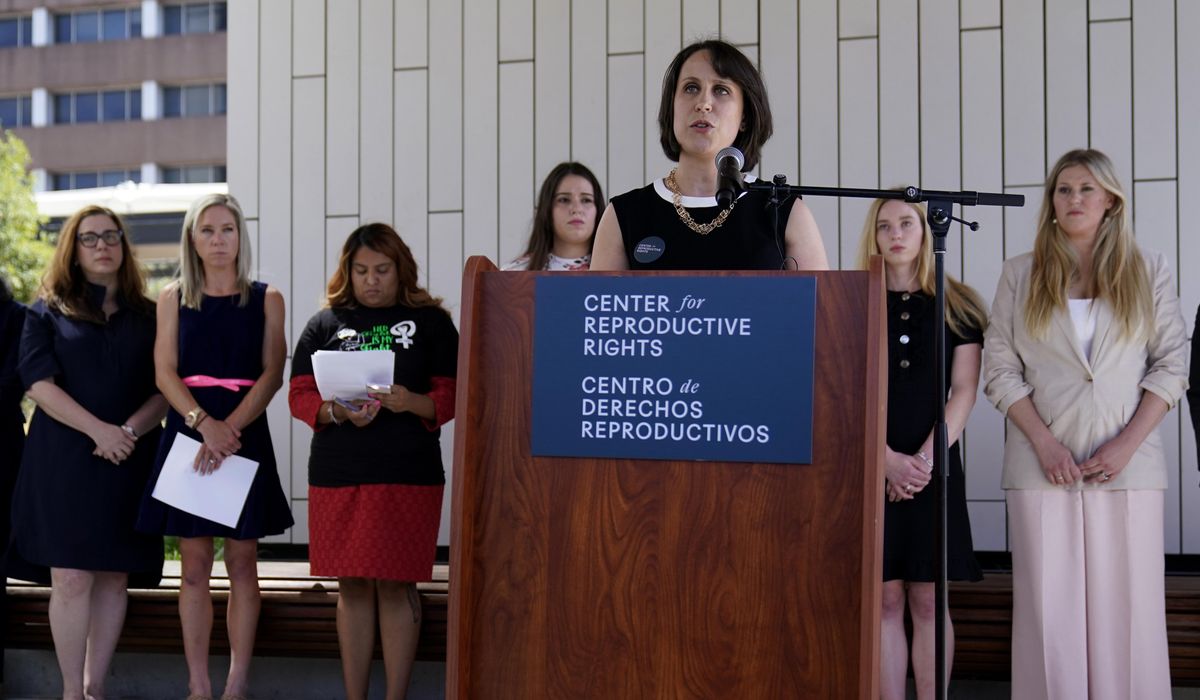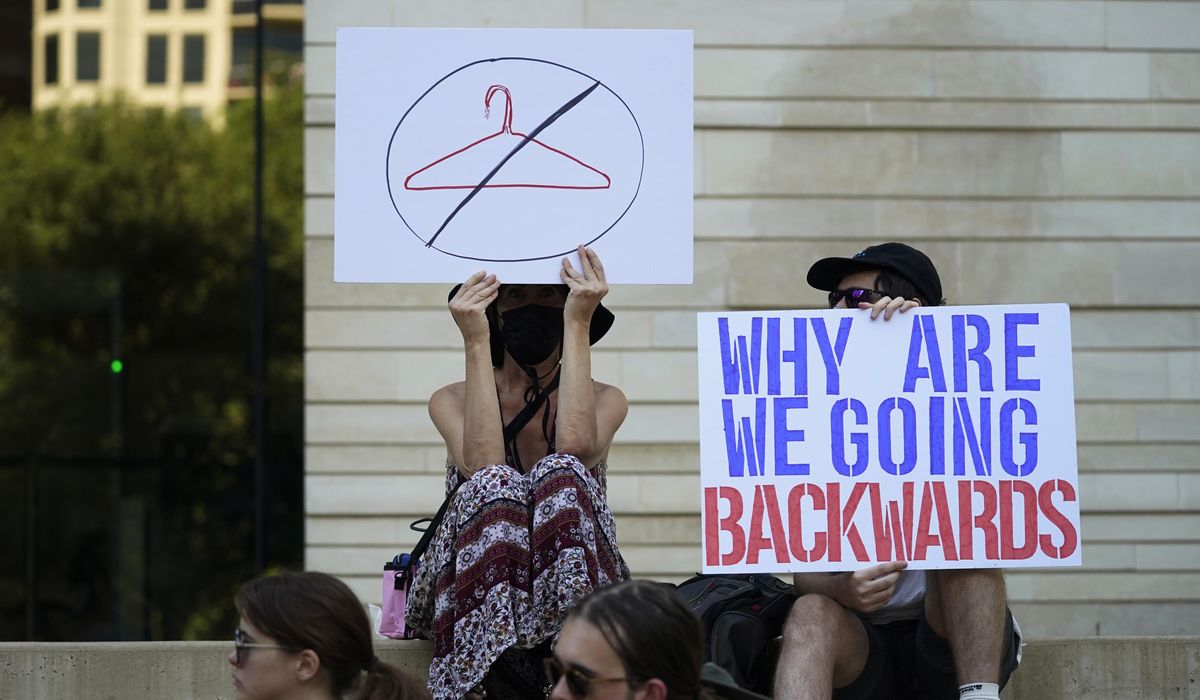Supreme Court of Texas Examines Judge’s Ruling to Relax Abortion Regulations
November 29, 2023 | by Kaju

The Texas attorney general’s office wants the state Supreme Court to lift a temporary hold on the state’s abortion law, arguing that the Democratic state judge exceeded her authority by eliminating almost all limits on abortion access.
In the state’s challenge to Travis County District Judge Jessica Mangrum’s Aug. 4 temporary order, the high court heard oral arguments Tuesday. The order allowed doctors to terminate pregnancies posing a risk to the woman’s “life and/or health” based on their “good faith judgment,” a standard looser than the state’s post-Roe law, which only allows abortions to save the woman’s life or prevent the “substantial impairment of major bodily function.”
Texas Assistant Attorney General Beth Klusmann argued that the court essentially eliminated the line drawn by the state legislature for abortion access, making it almost impossible for a woman to be unable to obtain an abortion.
She said, “The trial court overstepped its constitutional bounds when it rewrote and expanded the medical-emergency exceptions, and then concluded that the expansion was constitutionally required.”
Molly Duane, attorney for the Center for Reproductive Rights, defended the lower-court order and cited the case of Amanda Zurawski of Austin, who almost died after being denied an abortion despite dangerous pregnancy complications, including preterm pre-labor rupture of her membranes at 18 weeks gestation.
Ms. Duane said, “Ms. Zurawski became septic while waiting to be sick enough to receive abortion care, and she had multiple surgeries to reconstruct her uterus,” said Ms. Duane. “Three days in the ICU, and now her fertility is compromised. Only two of her fallopian tubes remain operable.”
Justice Brett Busby asked why her case didn’t fall under the abortion law’s exception, to which Ms. Duane responded that the problem is physicians are afraid to rely on the exception. Meanwhile, Ms. Klusmann argued that the exception was broad enough to protect doctors.
In June, a bill was signed clarifying that various pregnancy complications qualify as exceptions, a reaction to publicity surrounding Ms. Zurawski’s case.
Ms. Duane took issue with the state’s challenge to the plaintiffs’ standing, asking if it meant that the pregnant woman “needs to have blood or amniotic fluid dripping down their leg before they could come to court.”
She said, “Quite obviously patients in those situations are much more concerned with getting proper medical care and saving their lives, their fertility and their families than they are with finding a lawyer and coming to court,”
There were also questions about whether the women should instead be suing their doctors for malpractice for refusing to perform necessary abortions, but Ms. Duane said they didn’t want to target their medical providers. Ms. Klusmann countered that if “a woman is bleeding or has amniotic fluid running down her legs, then the problem is not with the law. That is with the doctors. If she has to come to court to make that happen, that is not the state’s fault.”
Since the Supreme Court’s June 2022 decision in Dobbs v. Jackson, 24 states have limited abortion access, but every state law includes a medical-emergency exception to save the pregnant woman’s life.
Katie Daniel, Susan B. Anthony Pro-Life America state policy director, said afterward that the “lie sown by the abortion industry that women cannot receive lifesaving care not only deceives voters, it endangers pregnant women.”
RELATED POSTS
View all


